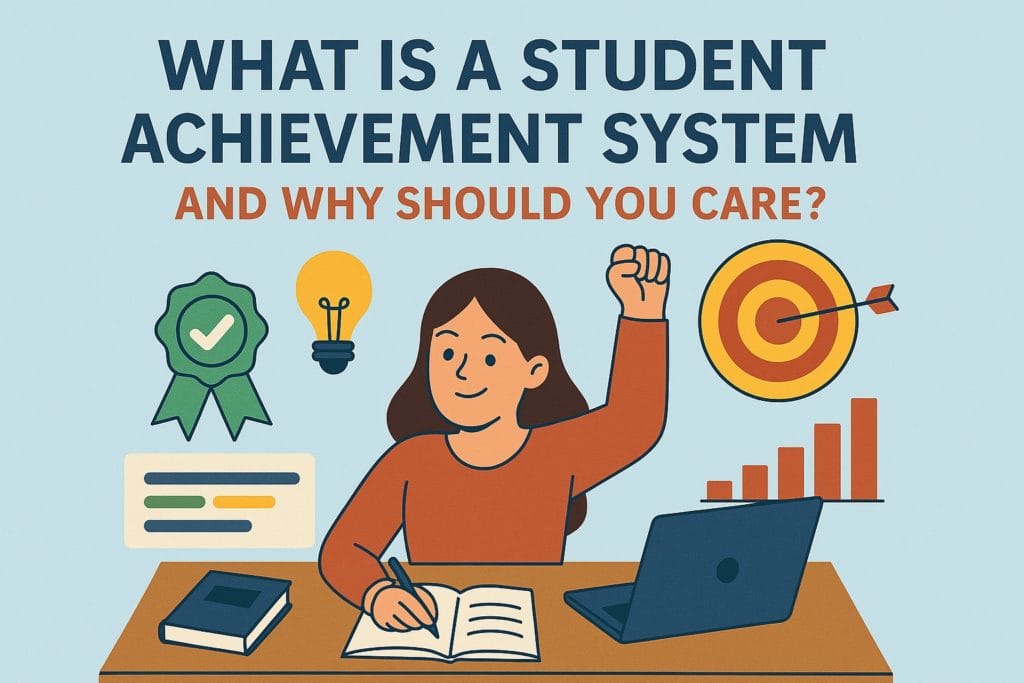
Procrastination is a common foe for many college students. The upcoming deadlines and assignments piling up lead to the inevitable rush to complete homework at the last minute. You are not alone if you find yourself constantly putting off your homework until the very end of your deadline. But there is hope for all the procrastinators. The following guide will help you turn the last-minute chaos into academic success.
Understanding Procrastination
So why do we delay our tasks? Why is it so hard to start working on another essay sometimes? Several factors can contribute to the habit of delaying tasks regularly:
Fear of failure: Many students procrastinate because they are afraid of messing up and not meeting their own expectations. The pressure of academic success can be paralyzing, leading to total avoidance.
Perfectionism: It’s true that perfectionists are often procrastinators as well. The desire to produce the best and flawless work comes with a lot of self-doubt. That’s why you might think it’s better not to do the work at all if it’s not perfect.
Feeling overwhelmed: When you face a large or complex task, you can feel overwhelmed, and it’s normal. But for many the feeling of the bigger assignment that they need to handle can lead to procrastination.
Lack of interest: If you are not interested in this subject, it is more challenging to motivate yourself to start working on it. Boredom is a source of procrastination.
Poor time management: Some students struggle with the organization of their time. When you don’t have a plan, it’s easy to let deadlines creep up without realizing it.
The Consequences of Procrastination
When it comes to short terms procrastination may seem harmless. However, it can also lead to significant long-term consequences. These may be:
- Increased stress: when you rush to complete assignments, you create more stress, affecting your mental and physical health.
- Lower quality of work: having not enough time often results in lower quality of the assignments you complete. The rush makes you overlook, make errors, or fail to develop your ideas.
- Damage to academic performance: when you consistently turn in mediocre or poor-quality work, you can face lower grades, which can impact your GPA and future opportunities.
- Decreased self-esteem: the circle of procrastination and poor performance often makes you lose confidence in your abilities and feel guilty about your inability to improve your self-discipline.
Breaking the Procrastination Cycle
When it comes to strategies for success in the academic world, it’s important to break the procrastination cycle, which requires a combination of self-awareness, planning, and practical strategies.
Set clear and achievable goals
One of the first steps to our common procrastination is setting clear and achievable goals that you can be proud of when completed. Instead of thinking about the entire assignment, break it down into smaller steps and complete it one by one. It’s essential to start working on these tasks early and separate steps from each other. For example, your plan might look like the following:
- Day 1: choose the topic and gather sources
- Day 2: complete an outline and come up with the final version of your thesis statement
- Day 3: write the introduction and the first section
- Day 4: write the second section and conclusion
- Day 5: revise and edit your work
By setting smaller and more manageable goals, you can reduce the overwhelm associated with large assignments.
Use the Pomodoro technique
The Pomodoro technique is a time management strategy that is great for procrastinators. It involves breaking the process into intervals of study or work followed by a short break.
For example, you can work for 25 minutes straight with a timer set for a five-minute break when you can relax, stretch, and grab a snack. After a break, you can go back to working on your essay and take a longer break for 30 minutes after four intervals.
Eliminate distractions
Distractions are your worst enemy if you are a procrastinator. In order to stay focused, it’s essential to create a productive environment. This means:
- Turning off notifications on your phone: silence your phone and close unnecessary browser tabs on your computer;
- Creating a study space: the perfect option for higher productivity is to create a designated space solely for studying;
- Using the website and app blockers: block distracting websites and apps like Instagram, Instagram, TikTok, and Twitter during study sessions.
Prioritize tasks
Procrastinators often end up doing anything but the most urgent tasks. For example, you might be cleaning instead of doing homework because you find it less daunting. However, it is a mistake that you might pay for with your well-being and mental health. The best option would be to prioritize tasks with the Eisenhower matrix and start with the most urgent tasks.
The Eisenhower matrix stands for:
- Urgent and important tasks that you need to do immediately;
- Important, but not urgent tasks that you can schedule time for;
- Urgent but not important tasks which can be delegated;
- Not urgent and not important tasks that can be eliminated at all.
Reward yourself
Rewarding yourself creates a positive reinforcement, which is a powerful motivator. After completing a task or a milestone, reward yourself with a small thing that brings you joy, such as a piece of chocolate, a walk, or an episode of your favorite show
Develop a routine
Creating a daily routine can help establish homework as a regular part of your day. For example:
- Choose a consistent time each day to focus on homework. Choose a timeframe that mostly fits your schedule and your productivity peak.
- Stick to your schedule consistently. Over time, your brain will associate the particular time of the day with productivity and studying.
- Include breaks as a regular part of your routine to maintain focus.
Seek help when needed
Sometimes, a little external help can really make a difference. Share your goals with a friend or a study buddy, as they can add a little pressure or motivation to your studies.
Also, be sure to turn to an essay writing service for help with the tasks that you can’t complete on your own.
Building long-term habits
Overcoming procrastination might take a while because it’s a continuous process. It requires building long-term habits, which are the final steps in breaking the procrastination circle.
- Reflect regularly: take time to reflect on your progress and identify what works for you to adjust your approach;
- Stay organized: keep a planner to track assignments, deadlines, and study sessions to prevent tasks from piling up;
- Celebrate small victories: recognize and celebrate your progress no matter how small it is.
Conclusion
Procrastination is surely a challenge, but you can beat it. Understanding the reasons behind your procrastination and implementing easy and practical strategies can transform your homework routine and improve your academic performance. Remember that every progress is progress. By starting today, you can improve dramatically.
 Karen Palmer
Karen Palmer


